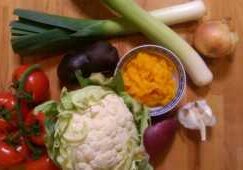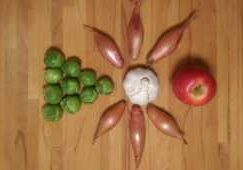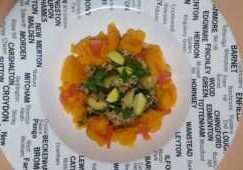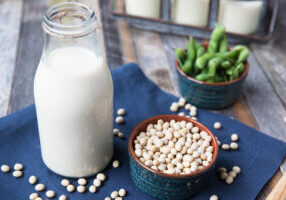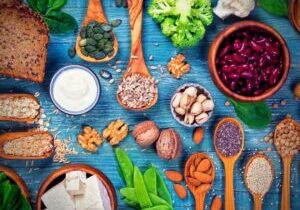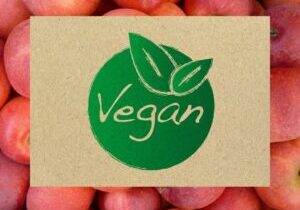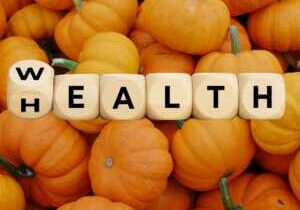You can build your own highly nutritious diet by using four key ideas to help you select your food. I have found a way to say it all in one sentence: ‘Eat a variety of whole, plant-based foods that are locally or organically grown and in season where you live.’ Those underlined words are The Four Cornerstones.
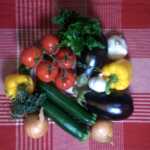 Why variety?
Why variety?
Variety in your diet is like an insurance policy: it promotes and protects your good health!
The greater the variety of food you select, the greater your chances of acquiring all the nutrients you need to stay well.
Variety helps to stimulate interest in your food and gets your digestive juices flowing, too.
Use The Twelve Vegan Food Groups chart, here, to help you select for maximum variety.
Eat from as many of these groups as you can on a daily basis and from all of them on a weekly basis. You don’t need massive amounts from each group! ‘Little and often’ is a good rule to follow.
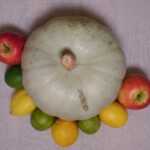 Why whole?
Why whole?
Whole foods are largely unprocessed so they retain more of the plant’s natural goodness.
More nutrients and other plant components, such as fiber, are available to you because they are not lost in processing.
Whole foods generally have fewer, if any, added chemicals.
Often, whole foods are less expensive to buy because little has been done to them that adds cost.
Whole foods usually come with less packaging than highly processed foods.
Whole foods are rich in phytochemicals. These are substances that are nutrient ‘companions.’ They moderate the effect of individual nutrients and help them to act together in a beneficial way.
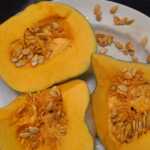 Why local or organic?
Why local or organic?
Locally grown foods are often organically grown, too, in healthy soil that promotes greater nutrient content in the food crop.
They do not require much, if any, packaging. Your shopping bag will do!
They spend little time in transit or in storage so they are fresher when they arrive in your kitchen. Freshness is one way to determine nutrient value.
Often, locally grown foods have been harvested the same day you buy them! They supply more nutrients because fewer are lost with the passage of time.
Locally grown foods tend to be much less costly – both to your wallet and to the environment.
Buying local can have a positive effect on your community and locale: socially by becoming acquainted with local producers and environmentally by encouraging familiarity with and attention to local land features.
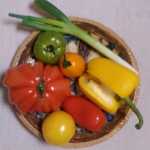 Why seasonal?
Why seasonal?
Seasonal produce is food that is harvested when it is ripe where you live.
When you eat seasonal food, your diet naturally changes with the seasons to give you variety – simply buy those foods that appear ‘new’ each week or so.
Fresh, seasonal produce is easy to find in its whole form – a combination that is naturally nutrient-rich.
Local growers also specialize in seasonal foods – without any effort!
Seasonal food usually costs less because there is a lot of it, widely available at the time. This drives the cost down.
Seasonal, locally grown food can deliver the nutrients you need, in the quantity you need, at exactly the right time of year for you.
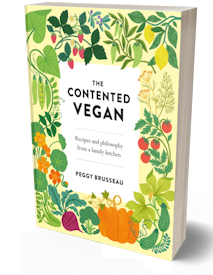
THE CONTENTED VEGAN is a complete guide to the emerging vegan lifestyle. Based on two decades experience of raising a vegan family.
Read Peg's Newsletter...
It's free & fun!
I don’t know if you find it hard to remember web links that are impossibly long and full of gobbledygook?
If you are, then I’ve got some good news…
We’ve made it incredibly easy for you to share a link to my book with your friends – in a way that doesn’t require a degree in programming!
Simply give them this link–
“get.veganbook.today”
No www or anything else – just get dot veganbook dot today. That’ll do the trick – try it!

